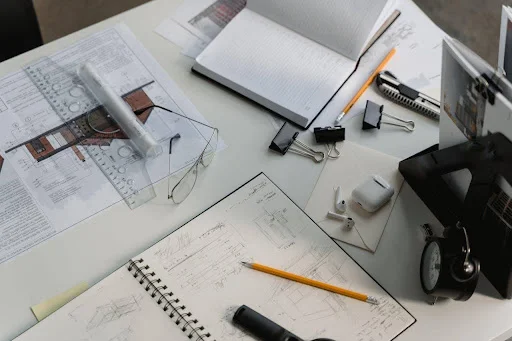Estate planning is often seen as something for the distant future, but it’s a vital task for securing your family’s financial well-being. A well-crafted plan ensures your assets are distributed according to your wishes, minimizing potential conflicts and legal hurdles for your loved ones Estate Planning Mistakes, notes Tverdov Housing specialists.
Yet, many people make simple errors that can unravel even the best intentions. This article highlights eight common mistakes and offers straightforward advice on how to steer clear of them, giving you peace of mind.
Keep exploring! These Related Posts add depth to what you just read.
Putting It Off for Later
Procrastination is perhaps the biggest pitfall in estate planning. Many people assume they have plenty of time or that their assets are too modest to warrant a formal plan. However, life is unpredictable, and delaying this process can leave your family in a difficult position.
Without your instructions, the state will decide how your assets are divided, a process that can be lengthy, public, and expensive. It’s better to have a simple plan in place than no plan at all.
Ignoring Potential Tax Consequences
A thoughtful estate plan considers how taxes might affect the assets you leave behind. Federal and state estate taxes can significantly reduce the inheritance your loved ones receive if your estate exceeds certain thresholds.
Consulting with experts on estate planning services or Estate Planning Mistakes who understand tax law can help you structure your plan to minimize these liabilities. There are various strategies, like trusts and gifting, that can help preserve more of your wealth for your heirs.
Firms like Creative Planning can develop strategies that align with your goals. They help you explore options that fit your specific financial picture.
Forgetting to Create a Will
A will is the cornerstone of any estate plan, yet a surprising number of people don’t have one. This legal document outlines how your property should be distributed, who will care for your minor children, and who will manage your estate.
Without a will, you die “intestate”, and state laws will dictate these crucial decisions. This often leads to outcomes you never would have wanted, creating stress and potential disputes among your heirs.
Neglecting Beneficiary Designations
Many financial accounts, such as retirement plans and life insurance policies, pass directly to named beneficiaries, bypassing your will. A common error is failing to review and update these designations after major life events like marriage, divorce, or the birth of a child.
An outdated beneficiary form can result in your assets going to an ex-spouse or another unintended individual, regardless of what your will says. Regularly reviewing these forms is a simple but essential step Estate Planning Mistakes.
Overlooking Your Digital Footprint
In our modern lives, many of our most valuable assets are digital, from social media profiles and email accounts to cryptocurrency and online business assets. These are often forgotten in traditional estate plans.
It’s important to create an inventory of your digital assets, including login information, and provide clear instructions for how they should be managed or closed. This helps your executor access and handle your online presence according to your wishes.
Failing to Communicate with Loved Ones
While discussing your final wishes can feel uncomfortable, keeping your family in the dark can create confusion and conflict after you’re gone. Letting your chosen executor know their responsibilities and giving your family a general sense of your plans can prevent surprises and disagreements.
This conversation doesn’t need to cover every financial detail, but it should prepare them for what to expect and clarify your intentions.
Adventure begins here—Explore More and uncover what’s waiting for you!






